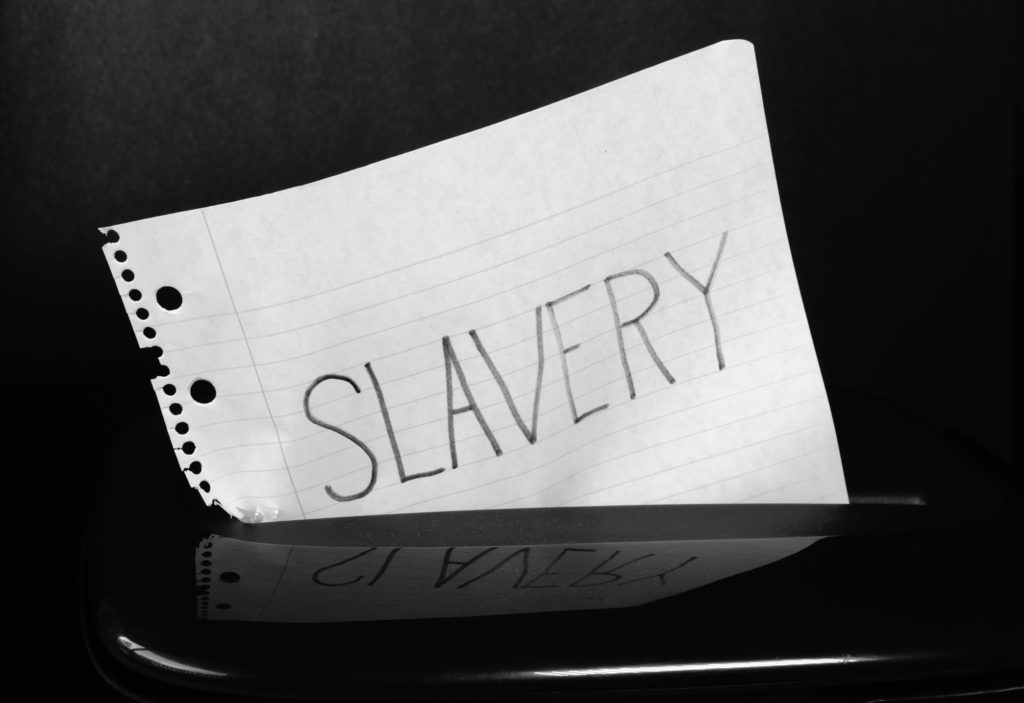
The Modern Slavery Act 2015 (MSA) came into force in October 2015 and was introduced to tackle crimes of slavery and human trafficking. MSA created new criminal offences, enforcement powers and measures to protect victims. The Act has also placed investigative responsibilities on businesses above a certain size in an attempt to eradicate slavery and human trafficking in global supply chains.
Section 54 of MSA introduced a requirement that large businesses produce an annual statement setting out what steps the organisation has taken to ensure slavery or human trafficking has not taken place throughout its supply chain. The ‘Slavery Statement’ is designed to encourage greater corporate responsibility and proper corporate governance.
What is modern slavery?
Under the MSA the term “modern slavery” includes slavery, servitude and forced or compulsory labour. Human trafficking arises when someone facilitates or arranges the travel of another person with a view to exploiting them, regardless of whether or not they agree to travel. Whilst incidents of modern slavery or human trafficking occurring in the UK is believed to be relatively uncommon, problems arise more frequently across global supply chains.
Does my business need to produce a Slavery Statement?
Section 54 applies to ‘commercial organisations’- this includes body corporates (such as limited companies and public listed companies) and partnerships which meet the following criteria:
- part or all of business is carried out in the UK
- the business supplies goods or services; and
- the business has a total annual turnover exceeding £36million
The section 54 requirement does therefore not apply to sole traders and your business must have a high turnover before the requirement applies.
What should the statement contain?
Whilst your Slavery Statement must set out the steps you have taken to ensure slavery and human trafficking has not taken place at any point of the supply chain, Home Office guidance states that you do not need to provide a guarantee that it has not occurred. Other than this, there is no prescribed form for the Statement to meet. Section 54 simply suggests that the Statement might address the following:
- the organisation’s structure
- your policy in relation to slavery and human trafficking
- your due diligence processes to ensure slavery or human trafficking is not occurring
- any high risk areas identified within the supply chain, these might be based on location, industry and recruitment processes for example; and
- any training provided to employees to help tackle the issue
Once made, you should publish your Slavery Statement in a prominent place on your website.
When do we need to produce the statement?
There is no prescribed time limit for producing a Slavery Statement, however Home Office guidance recommends it is published as soon as reasonably practicable after the end of the financial year.
What happens if my business does not comply?
Reports that you have not taken necessary steps to address modern slavery and human trafficking will clearly be damaging to your business’ reputation and brand. Further, the Secretary of State can apply for an injunction against you in the High Court, enforcing compliance with section 54 obligations. If you then fail to produce a Statement you will be in contempt of a court order and liable to an unlimited fine.
If you require further guidance on MSA, please contact our corporate team on 01392 210700 or email enquiries@stephens-scown.co.uk
